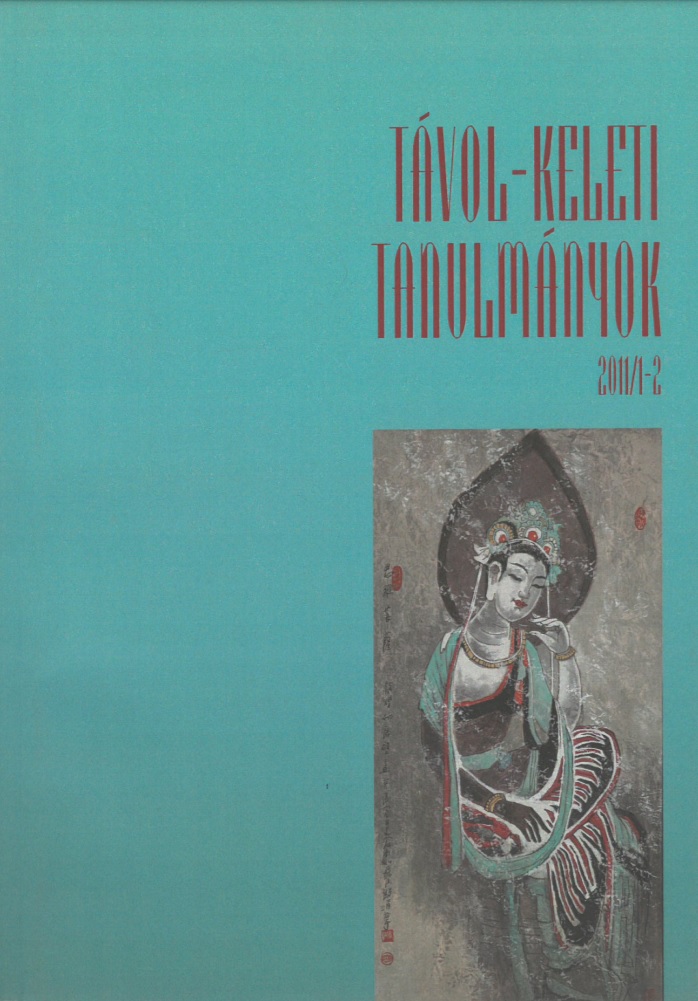Published 2013-09-03
How to Cite
Copyright (c) 2013 the author(s)

This work is licensed under a Creative Commons Attribution-NonCommercial 4.0 International License.
Abstract
Homicide is a crime that has been punished by all legal systems in the world in all eras; it was a serious crime in the China of the Early Han Dynasty as well. Transmitted and newly discovered sources make it possible to reconstruct some elements of the legal system of Han times, including those norms and principles that regulated the handling of cases of homicide. Primary sources, most of all the Ernian lulling 二年律令 and Zouyanshu 奏讞書 discovered at Zhangjiashan 張家山, Hubei province, prove that the Early Han dynasty had a complicated set of laws regarding murder. Judges took into consideration not only objective responsibility, but the intentions of the murderer as well. Distinction was made between homicide committed with evil intent, during a fight, as a result of a mistake, and while playing. The social and family status of the culprit and the
victim also had an effect on the punishment. The killing of one’s own parents was considered a crime more serious than other cases of murder. People who did not personally commit the crime, but took part in its planning, were also punished. However, not all forms of homicide were forbidden; for example, those who killed dangerous criminals were rewarded.
